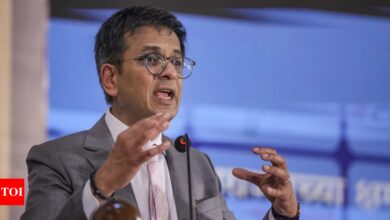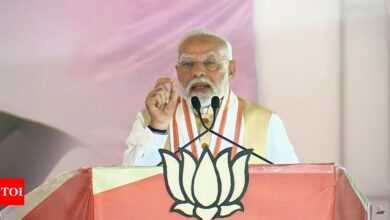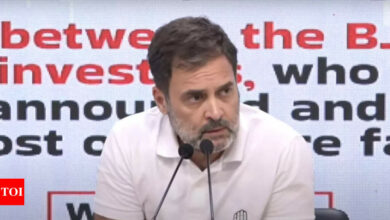India
Court acquits former Delhi minister in 2016 rape case – Times of India
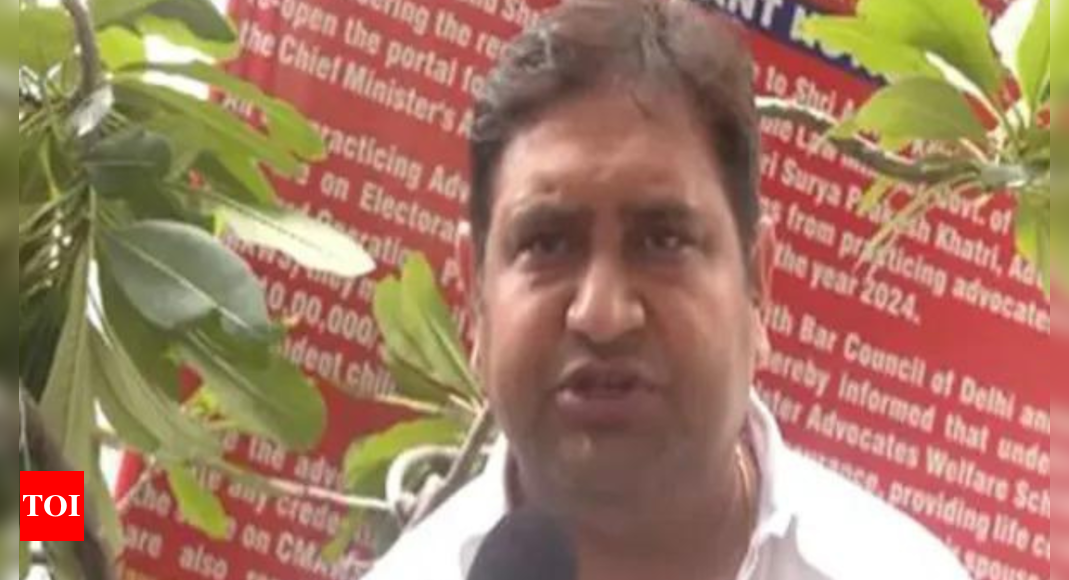
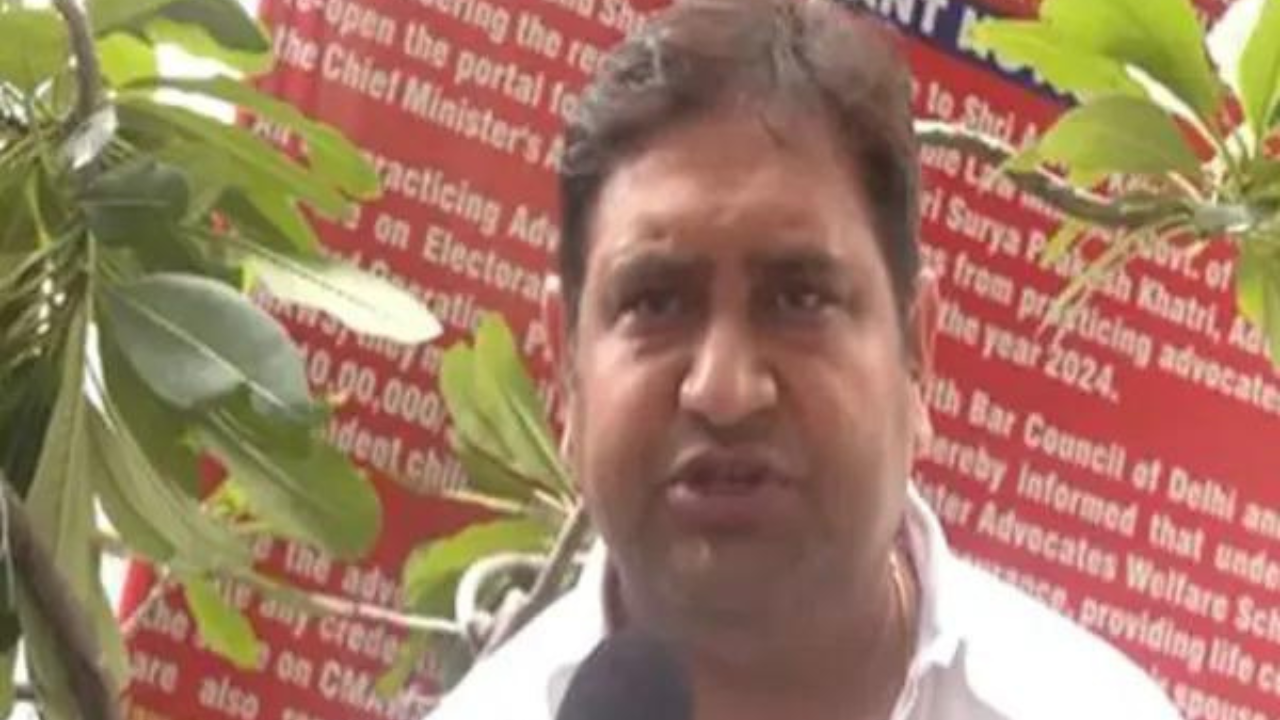

NEW DELHI: Former Delhi minister Sandeep Kumar, who was accused of raping a woman in 2016, has been acquitted by a court in delhi on wednesday.
Kumar, who was an MLA from Sultanpuri and a minister in the Delhi government, was suspended by the Aam Aadmi Party after his objectionable video with the woman surfaced. He was later forced to resign from his ministerial post. He had joined last month Haryana BJP but was expelled from the party within hours.
The court of special judge Kaveri Baweja in its 68-page order dated September 11 said that the prosecution failed to establish the guilt of the accused beyond reasonable doubt and the complainant failed to support the Public Prosecution Service’s case.
The court noted that the complainant, while being interrogated by the prosecution, said that no such incident had taken place and that she had never visited Kumar’s house. She also said that she had never registered any case with the police and that she had a ration card before 2016.
The court noted that the prosecutrix, who is undoubtedly the key witness of the prosecution, turned hostile and observed: “It is clear that she failed even to support the case of the prosecution on the allegations that the accused, in return for providing her with the ration card/BPL card, sexually exploited her as alleged. There is also no murmur in the entire statement of the prosecutrix that the accused would start her family by providing employment to her children.”
When confronted with the complaint she had filed on September 3, 2016, she denied ever having filed any such complaint against Kumar.
The court said that the medical evidence cannot support the charges against Kumar under sections 376 (rape) and 328 (poisoning, etc., with intent to commit offence). The cross-examination of the prosecution witnesses has led to glaring discrepancies in the investigation of the case and the electronic evidence relied upon by the prosecution in the form of pen drives has also not been found admissible in evidence, it added.
Despite the complainant turning hostile, the prosecution maintained that it had a case against Kumar based on video evidence available on two pen drives. The prosecution, relying on the video recordings on the pen drives played in court, pointed out that the persons appearing in the video were Kumar and the complainant. However, the complainant denied that he was in the video.
The court stated that “there is no evidence in the record to establish as to who transferred the said video recordings onto the pen drives, thereby rendering the authenticity of the pen drives highly doubtful.”
Kumar, who was an MLA from Sultanpuri and a minister in the Delhi government, was suspended by the Aam Aadmi Party after his objectionable video with the woman surfaced. He was later forced to resign from his ministerial post. He had joined last month Haryana BJP but was expelled from the party within hours.
The court of special judge Kaveri Baweja in its 68-page order dated September 11 said that the prosecution failed to establish the guilt of the accused beyond reasonable doubt and the complainant failed to support the Public Prosecution Service’s case.
The court noted that the complainant, while being interrogated by the prosecution, said that no such incident had taken place and that she had never visited Kumar’s house. She also said that she had never registered any case with the police and that she had a ration card before 2016.
The court noted that the prosecutrix, who is undoubtedly the key witness of the prosecution, turned hostile and observed: “It is clear that she failed even to support the case of the prosecution on the allegations that the accused, in return for providing her with the ration card/BPL card, sexually exploited her as alleged. There is also no murmur in the entire statement of the prosecutrix that the accused would start her family by providing employment to her children.”
When confronted with the complaint she had filed on September 3, 2016, she denied ever having filed any such complaint against Kumar.
The court said that the medical evidence cannot support the charges against Kumar under sections 376 (rape) and 328 (poisoning, etc., with intent to commit offence). The cross-examination of the prosecution witnesses has led to glaring discrepancies in the investigation of the case and the electronic evidence relied upon by the prosecution in the form of pen drives has also not been found admissible in evidence, it added.
Despite the complainant turning hostile, the prosecution maintained that it had a case against Kumar based on video evidence available on two pen drives. The prosecution, relying on the video recordings on the pen drives played in court, pointed out that the persons appearing in the video were Kumar and the complainant. However, the complainant denied that he was in the video.
The court stated that “there is no evidence in the record to establish as to who transferred the said video recordings onto the pen drives, thereby rendering the authenticity of the pen drives highly doubtful.”


